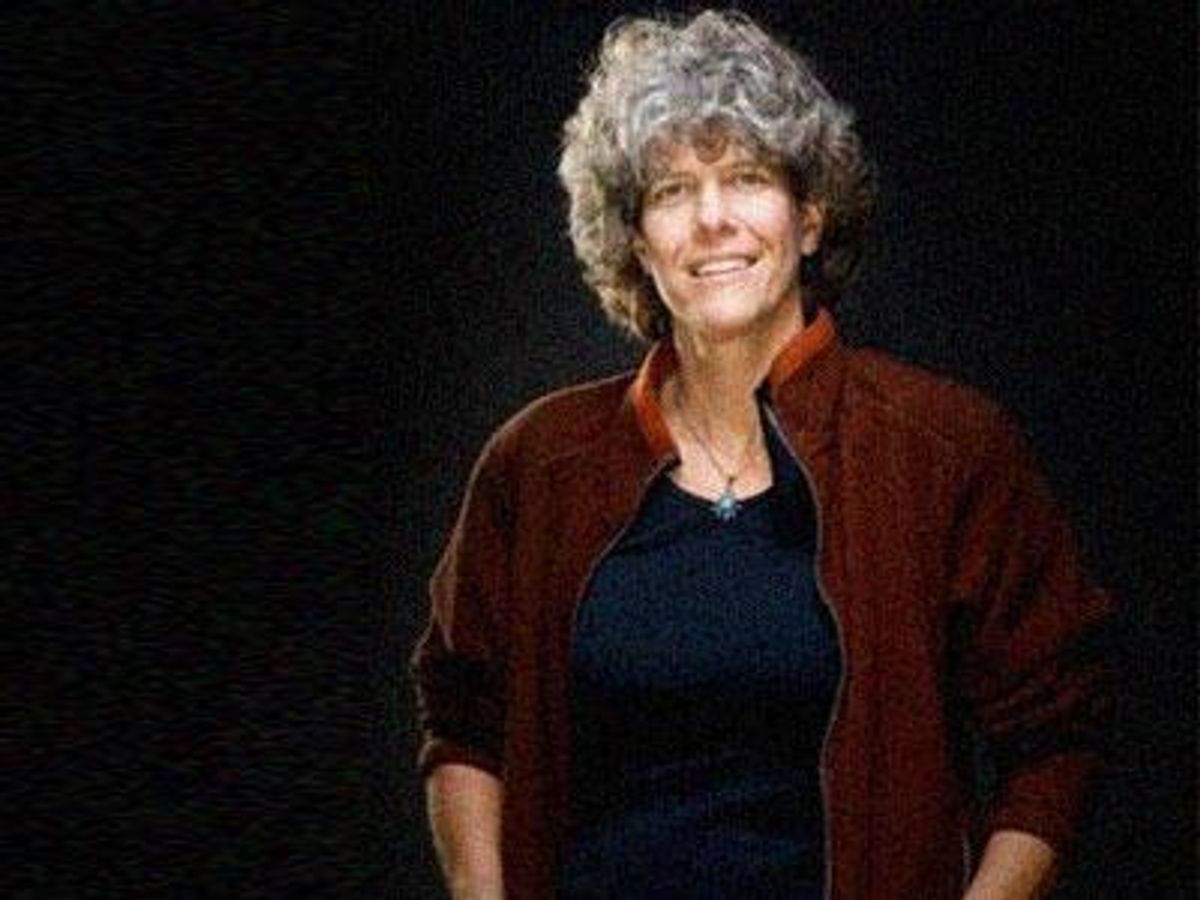Editor's note: This interview was conducted in July 2014. Wolf's comments herein should not be considered a response to the landmark Supreme Court ruling establishing marriage equality.
As many hold their collective breath waiting for the Supreme Court to decide whether states can prohibit same-sex couples from marrying, one prominent lesbian socialist and independent journalist argues that the institution itself may not be worth fighting for.
"The state has a monopoly on marriage," Sherry Wolf, author of the acclaimed book Sexuality and Socialism tells The Advocate on the phone from her Brooklyn home. "Class society seems to require some kind of arrangement of the sort in order to privatize social needs."
Even though she's displeased with marriage as a state-endorsed contract, Wolf does believe that the right to choose one's life partner is fundamental.
"Our sights have to be set higher than a legal institution and contract with the state," she says. "Nor should rights be accruable to people by virtue of their relationship or denied to them by virtue of not having a relationship; however, [marriage] is a basic right."
America's industrialized, capitalist society has been an integral part of the legal framework which marriage equality advocates have used to push equality (protests, boycotts, fundraising, etc.), Wolf says. But that same culture is also responsible for restricting access to the institution in the first place.
"[The rise of capitalist industrialism] is when you begin to see the advent of laws, and ... of restrictions of who can be with whom, and the beginnings of spreading laws against nonprocreative sex, which later became laws against people having sex with people with the same bits," Wolf says.
The influence of anti-sodomy laws that helped ensure same-sex marriage remained illegal can be seen in the historic discrimination of marriage equality around the world and in the United States, says Wolf, who was among an array of prominent leaders of modern leftist thought at the Socialism 2014 conference held last November in London.
Indeed, the monopoly on marriage by the state is stifling to all human relationships, limiting the potential shapes communities and families might otherwise take, Wolf says.
"Why would there have to be this kind of arrangement, in a truly free society, in which people have access to education, healthcare, and housing," Wolf asks rhetorically. "Why couldn't people have a multiplicity of arrangements that have nothing to do with the state? Why would you have to have involvement of any other party than the people involved in the relationship?"
Further, Wolf argues that gender norms, as created by class society, are not natural occurrences. In fact, the entire notion of "straightness" was invented during the hyper-industrializing period at the end of the 19th century, she contends.
"It's not human society and human beings that naturally needed categories around sexuality," says Wolf. "You see the invention of the straight person. There was no concept of the heterosexual until the early 20th century."
Merriam-Webster's dictionary supports Wolf's claim, noting that the first-known use of the term "heterosexual" occurred in 1892, when it was used in scientific literature.
But that doesn't mean that puritanical restrictions on "appropriate" sexual behavior are solely the product of capitalism, Wolf stresses.
"Legal prohibitions and social taboos from antiquity through the precapitalist era existed in many cultures on the basis of sex acts, often denouncing non-procreative sex, without condemnation, or even the conception of sexual identity as intrinsic or salient aspect of a person's being," she writes in Sexuality and Socialism.
Still, Wolf believes that a genuine socialist society could be liberating for sexuality and marriage equality.
"Socialism has a real meaning," Wolf tells The Advocate. "The real meaning has to be one in which the entire edifice of capitalism, and the entire edifice of profit that the rules are based on, is taken down -- and we are far from that. I think if we were truly living in a socialist society, we might be looking at different human arrangements other than marriage. Not that I think socialism's task is to abolish marriage; but we have to question, why do people need to have this kind of legal contract to be together?"
As Wolf notes, the marriage contract, in its historical context, was not about two individuals being together, but was an issue of property. This assertion echoes Supreme Court Justice Ruth Bader Ginsburg's comments during April's oral arguments for the marriage equality cases currently before the court.
"The source of the legal contract is to make the woman legal property of the man," Wolf agrees. "When husbands would list their property, they would list their children their wives and their slaves in the same list.
"Capitalist relations and industrial relations created both the possibility for people to come out, and perceive themselves, and live differently," concludes the author. "But it also simultaneously created the constraints around what was legal and what was not."
Find more of Wolf's literary works and talks from previous conferences at WeAreMany.org.

















































































Viral post saying Republicans 'have two daddies now' has MAGA hot and bothered